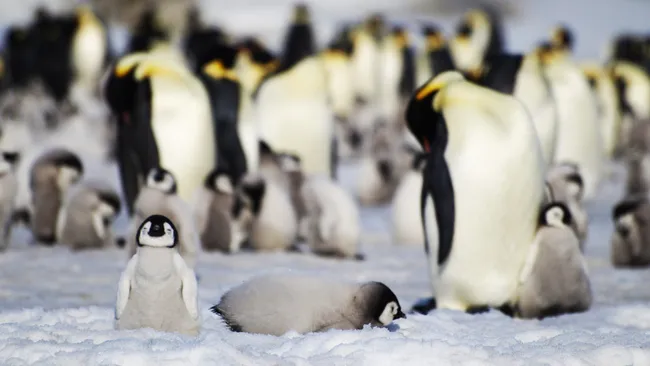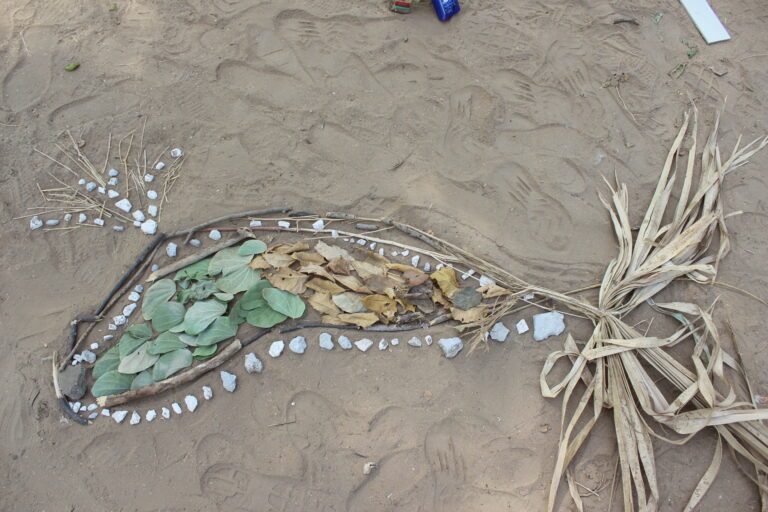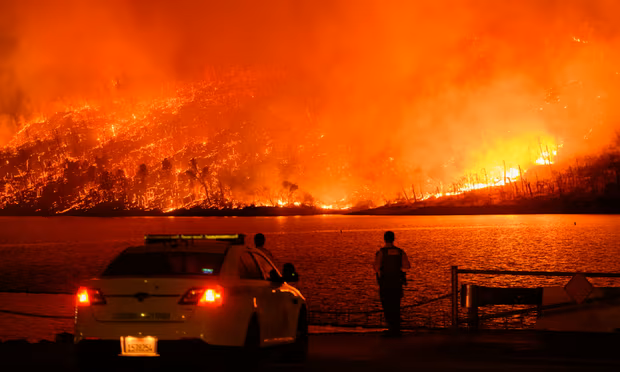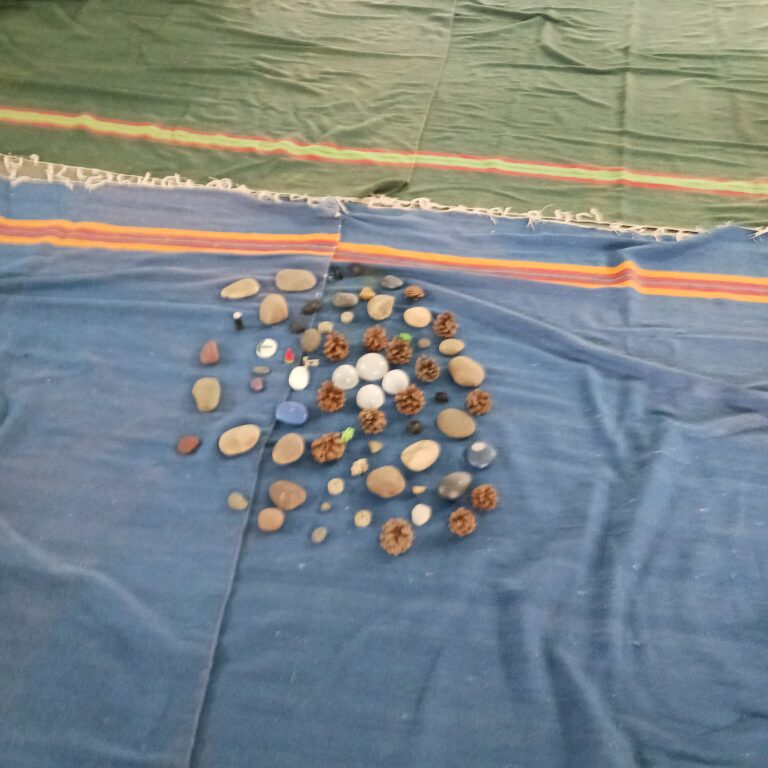Penguins to Algae – Warming Warning
Unless you have experienced, it can be quite daunting to visalize how the ground slipping from under ones feet could feel like. For the emperor penguins of Antarctica, however, this is the harsh reality that they have to contend with. Their new-borns are drowning or freezing because the sea ice is melting earlier, before the new-born chicks are able to swim and survive.
The emperor penguins breed the furthest south of any penguin species, forming large colonies on the sea-ice surrounding the Antarctic continent. They may be the only bird never to set foot on land and even breed on frozen sea. Emperors are true Antarctic birds, rarely seen in the subantarctic waters.
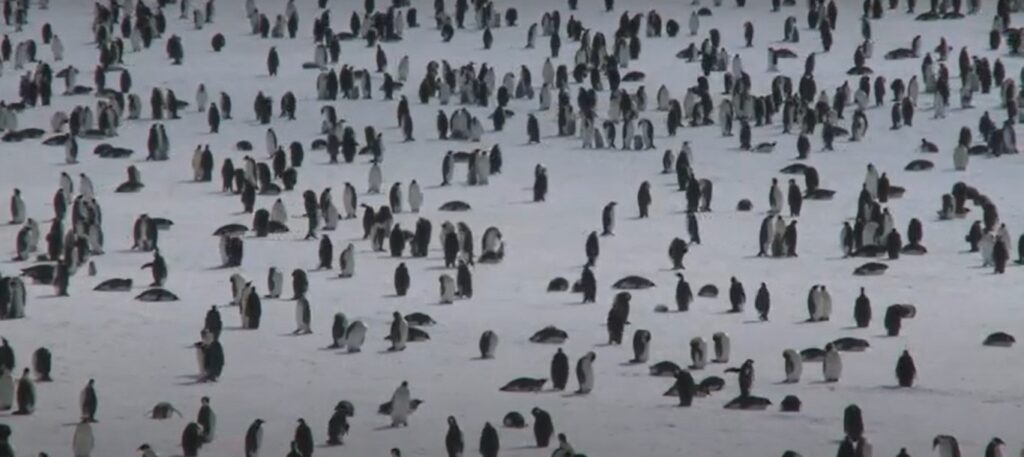
According to the studypublished in nature.com, of the five breeding sites in the region all but one experienced total breeding failure after sea ice break-up before the start of the fledging period of the 2022 breeding season. This was the first recorded incident of a widespread breeding failure of emperor penguins that is clearly linked with large-scale contractions in sea ice extent.
According to the lead researcher of the study, Dr. Fretwell, as many as 7,000 chicks may have perished. Imagine the chicks, still in their down feathers, drowning in frigid waters as they haven’t yet developed their waterproof feathers because that was meant to happen in another couple of months. But in the meanwhile the ice under their feet gave way!
It’s a grim reminder of interconnectedness. Clearly, the global warming does not impact just the regions where the greenhouse gases are emitted. The effects are felt far far away. And interconnectedness is not a one-way street. The melting of the Antarctica sea ice will have far reaching repurcussions for all of us staying thousands of miles away from the continent.
If all the ice on Antarctica were to melt, this would raise sea levels around the globe by more than 60 metres. Islands and coastal zones where much of the world’s population now resides would be inundated. Though the scenario is unlikely in our lifetimes as the Antarctica’s ice sheet covers 14 million square kilometres (about 5.4 million square miles), roughly the area of the United States and Mexico combined, and contains about 30 million cubic kilometres (7.2 million cubic miles) of ice – about 60% of the world’s fresh water. However, as the sea rise melts, there is real danger of significant sea level rise in next few decades.
Apart from the catastrophic breeding failure of Emperor Penguins, another change that has caught the eye of the scientist studying this remote region is the disapperance of algae that grows under and around the sea ice in West Antarctica. This algae is eaten by krill, the tiny marine crustaceans that are one of the most abundant animals on Earth and which provide food for predators that include fish, penguins, seals and whales. According to scientists, “If krill starts to disappear in the wake of algae, then all sorts of disruption to the food chain will occur”.
The threat from disappearance of algae goes deeper in pushing us towards more climate tipping points. Scientists warn that algae absorb carbon dioxide. Krill then eat them and excrete it, the faeces sinking to the seabed and staying there. Decreased levels of algae and krill would then mean less carbon from the atmosphere would be deposited on the ocean floor and would instead remain near the sea surface, where it would return to the atmosphere. It will further speed up the vicious cycle of increasing greenhouse gases and increasing global warming, leading us closer to more climate tipping points.
Scientists have warned us, the nature is warning too. This is the time to take climate change more seriously and changing our ways. Or the ground will slip from beneath our feet too.


